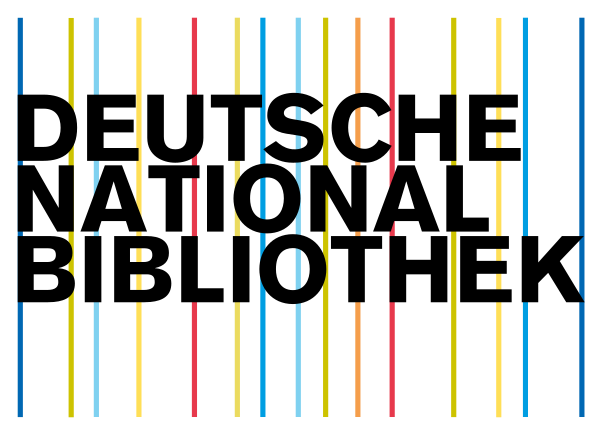Musically Yours - Implementation of Music Playlist using Machine Learning and Music Therapy
Keywords:
Music therapy, Chatbot, Natural Language Processing (NLP), Machine Learning (ML), Neural Networks (NN)Abstract
In the late 20th century, the disciplines of music therapy and relevant technology have evolved, creating a new trend in the industry of science. Because of this, combining the therapy with the technology is still considered novel. Recently, as patients are able to gain access to a wide range of complementary therapies, also as computers have reached a stage where real-time audio-visual interaction is possible, projects that address therapeutic issues with multiple media technology have started to emerge. Music is known to have positive effects on human beings, where it enhances learning and aids the healing process. This paper presents how one can manage their stress levels by using music therapy. Mental stress is caused due to various reasons, which spreads across different age groups as well. To overcome the efforts spent on searching music relatable to their mindset, we decided to come up with an application which custom designs a music playlist for the people. It will be focused on one’s present emotion and made sure that he/she feels after listening to the music recommended by our application.
Downloads
References
Rajam Shanker, “The Healing Power of Indian Ragas”, Personal
Experiences of Ragas Applied in Music Therapy, 2019.
Zhongzhe Xiao, Emmanuel Dellandrea, Weibei Dou and Liming
Chen, “What is the best segment duration for the Music Mood
Analysis?”, Department of Electronic Engineering, Tsinghua
University.
Hasminda Hassan, Zunairah Haji Murat, Valerie Ross and
Norlida Buniyamin, “A Preliminary Study on the Effects of
Music on Human Brainwaves”, International Conference on
Control, Automation and Information Sciences (ICCAIS), 2012.
Christensen, Erik, “Music Listening, Music Therapy,
Phenomenology and Neuroscience”, Aalborg University,
Denmark, 2012.
Harriet Jackson Scarupa, “Therapy … Through Music”, New
Directions: Vol. 9: Iss. 3, Article 1, April 1982.
Amanda Jones, “Stuttering and Music Therapy”, Ball State
University, Muncie, Indiana, April 2015.
M. Durai Pandian, “Sleep Pattern Analysis and Improvement
using Artificial Intelligence and Music Therapy”, Journal of
Artificial Intelligence and Capsule Networks, 2019.
Ahmed Fadhil, Gianluca Schiavo, Yunlong Wang, Bereket A.
Yilma, “The Effect of Emojis when interacting with
Conversational Interface Assisted Health Coaching System”,
PervasiveHealth ’18, May 2018, New York, USA.
Rohit Tamrakar, Niraj Wani, “Design and Development of
CHATBOT: A Review”, Sardar Vallabhbhai National Institute of
Technology, Surat, April 2021.
Sudhakar Reddy, M Vyshnavi, C. Raju Kumar and Saumya,
“Virtual Assistant Using Artificial Intelligence”, Journal of
Emerging Technologies and Innovative Research (JETIR), March
Jessica Sharmin Rahman, Tom Gedeon, Sabrina Caldwell,
Richard Jones, Zi Jin, “Towards Effective Music Therapy for
Mental Health Care using Machine Learning Tools: Human
Affective Reasoning and Music Genres”, Research School of
Computer Science, The Australian National University, Canberra,
th September 2020.
Ian McLoughlin, Haomin Zhang, Zhipeng Xie, Yan Song and
Wei Xiao, “Robust Sound Event Classification using Deep Neural
Networks”, IEEE Transactions on Audio, Speech and Language
Processing, May 2014.
Downloads
Published
How to Cite
Issue
Section
License
Copyright (c) 2022 Perspectives in Communication, Embedded-systems and Signal-processing - PiCES

This work is licensed under a Creative Commons Attribution 4.0 International License.






